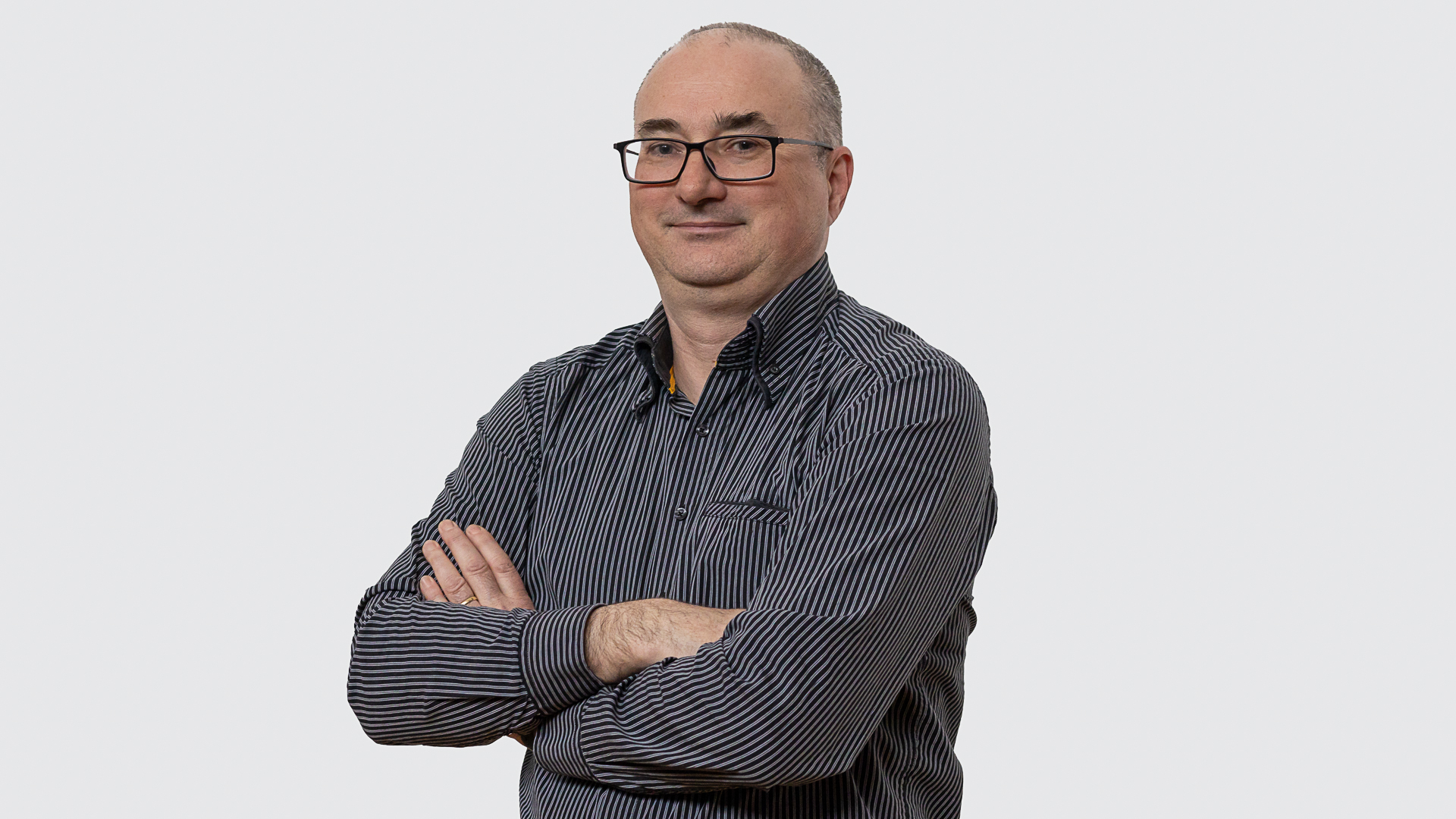The research programme under which the research will take place is concerned with communications networks and services, with an emphasis on wireless communications, which have permeated all aspects of life and society over the past two decades. The emerging beyond 5G and 6G mobile networks and the Internet of Things, with the increasing number of new technologies and connected devices, are taking on a key role in digitization in almost all economic and social sectors. However, the unprecedented growth of data traffic and number of connections in existing wireless and mobile networks, as well as requirements for new classes of services, have highlighted some constraints in terms of managing various resources that are either inherently scarce, constrained by design or physical phenomena, and/or limited by techno-economic considerations. Future wireless communication networks therefore require a novel, more efficient approach to resource management that supports the deployment of new advanced services.
To achieve intelligent connectivity and integration of various Internet of Everything (IoE) applications, such as haptics, wearable computing, human-computer interaction, and extended reality, there is a need for novel communication and sensing solutions, supported by innovative technologies, that can create a Digital Twin of the physical world. In the future smart cities and Industry 4.0 and beyond, where large-scale systems with complex relationships and interactions exist between individual entities in the Physical Domain, the use of Digital Twin Network is assumed adequate for replicating/twining in the Digital Domain. The Digital Domain needs to include a Digital Twin of Communication Networks, a digital replica of the full life cycle of a physical communication network, to satisfy the requirements for ubiquitous connectivity, user experience, reliability, and latency. The mobility of terminals/users and the ubiquitous usage of wireless technology in current communication networks present the need to develop advanced calibrated deterministic/hybrid channel models to include the time-varying and interference-affected wireless channel in the Digital Twin of Wireless Communication Networks. It will provide sensing control-optimization flow between the two domains, with up-to-date network status, interactive two-way real-time mapping, and closed-loop decisions, enabling physically accurate network simulation platform and network performance optimization.
The research area includes a variety of research topics that may satisfy the candidate’s research interest, including (but not limited to):
- Digital Twin, development of architecture building blocks such as network building blocks, databases, interfaces, computing location selection, interconnection of the twin in the digital space with the physical space
- Development of novel calibrated models of the deterministic multi-frequency band propagation channel that will enable reliable environment-aware Digital Twin of Wireless Communication Network
- Modelling, simulations and performance evaluation of digital twins
- Information Theoryto reveal the information-theoretical limits and fundamental trade-offs in Digital twins.
Depending on the candidate’s background and preferences, the research topic will include a theoretical, computer simulation or experimental approach.
